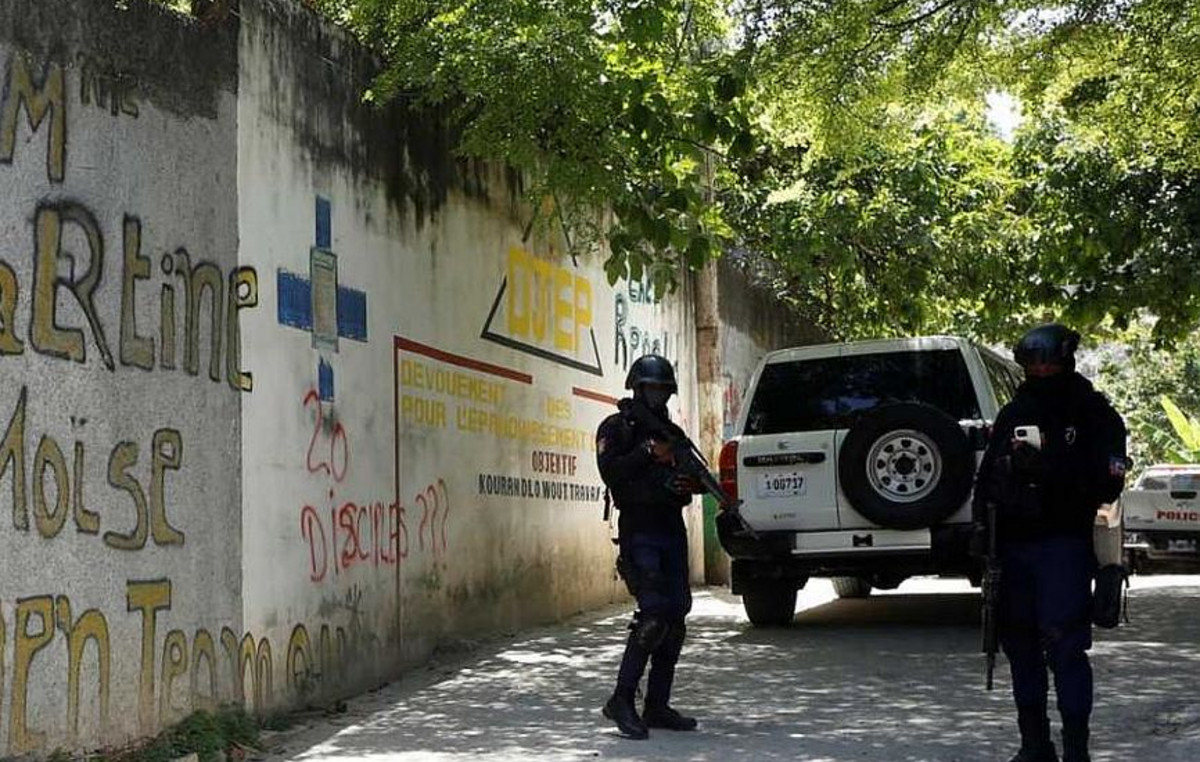Florida Governor Ron DeSantis has signed a bill that would ban most abortions in the state after six weeks, according to a statement from the governor’s office late on Thursday.
The six-week ban would not take effect until the state Supreme Court overturns its previous precedent on abortion. “We are proud to support life and family in the State of Florida,” DeSantis said in the statement.
The law would make Florida one of the most restrictive states in the country for obtaining an abortion, and follows moves by other Republican-led states to quickly restrict the procedure since the U.S. Supreme Court struck down the “Roe v. Wade” measure last summer. It passed the state Senate on April 3 and the Florida House on Thursday, before making its way to DeSantis’ desk for his signature.
Under the law, most abortions in Florida would be prohibited after six weeks. Opponents of the legislation have argued that six weeks is before many women know they are pregnant.
“Let’s be clear about the silent part: You just don’t want women to have a choice,” House Minority Leader Fentrice Driskell, a Democrat from Tampa, said Thursday during debate on the bill.
Victims of rape, incest and human trafficking can have an abortion up to 15 weeks pregnant, according to the law, if the woman provides a restraining order, police report, medical record or other evidence.
The bill would also prohibit doctors from prescribing an abortion via telehealth and would require that abortion medication be dispensed by a doctor, not by mail. Proponents of the bill said they were protecting life.
“A woman’s right to choose, I’ve heard people talk about that. Well, that right to choose starts before you have sex,” said State Representative Kiyan Michael, a Republican from Jacksonville, on Thursday. “It shouldn’t be after having sex.”
The debate on Thursday began shortly after 9 am and lasted more than seven hours as Democrats, who are firmly in a minority in the Florida legislature, introduced dozens of amendments designed to blunt the bill’s impact and protest its likely demise. tens of thousands of legal cases. abortions in the state each year. Each amendment failed and Republicans flexed their supermajority to pass the bill by 70 votes to 40.
After the bill passed the state Senate last week, demonstrations erupted at the state capitol in Tallahassee, leading to the arrests of Florida Democratic Party Chair Nikki Fried and Senate Minority Leader Lauren Book.

Thursday’s vote comes as the national abortion debate once again intensified after a Texas judge ordered a suspension of the Food and Drug Administration’s approval of an abortive drug. A federal appeals court has frozen parts of the order, and the Justice Department is asking the US Supreme Court to intervene in the dispute. The Florida vote also follows a decisive victory by a Liberal candidate in a Wisconsin Supreme Court race earlier this month in which the future of abortion access took center stage and mobilized Democratic turnout.
While DeSantis has signaled his support for more abortion restrictions in Florida, the typically outspoken governor has remained strangely reserved about where he thinks lawmakers should draw the line. Asked at a news conference in March if he supported exemptions for rape and incest up to 15 weeks, DeSantis called it “sensible” and said he “would welcome the pro-life legislation” but quickly moved on to another topic.
As a gubernatorial candidate in 2018, DeSantis indicated that he would support legislation banning abortions after detecting a heartbeat.
DeSantis signed a 15-week abortion ban last year that did not include exceptions for rape, incest or human trafficking. According to the law, a pregnancy cannot be terminated after 15 weeks unless the mother is at serious risk or a fatal fetal abnormality is detected. Two physicians must confirm the diagnosis in writing.
Planned Parenthood and other abortion rights groups sued to overturn the law. The case is currently before the Florida Supreme Court, which has declined to block the law in the meantime.
For decades, Florida courts have blocked legislative attempts to restrict abortion in the state. The state Supreme Court ruled in 1989 that a privacy clause in the state constitution “is clearly implied in a woman’s decision whether or not to continue with the pregnancy.”
Those protections have for years made Florida a sanctuary for women seeking abortions across the South, as neighboring states over time have come to restrict the procedure. In 2020, Florida had 19.1 legal abortions per 1,000 women, the highest rate of any state in the country.
However, the composition of the Florida Supreme Court has changed considerably in recent years and is now heavily shaped by DeSantis’ conservative influence. He named four of the six incumbent justices and will name a fifth to succeed Judge Ricky Polston, who resigned last month.
The state does not publish data on the number of pregnancies terminated during the first six weeks. There were more than 82,000 abortions in Florida in 2022, according to the Florida Health Administration Agency, and the overwhelming majority occurred during the first trimester.
Source: CNN Brasil
Bruce Belcher is a seasoned author with over 5 years of experience in world news. He writes for online news websites and provides in-depth analysis on the world stock market. Bruce is known for his insightful perspectives and commitment to keeping the public informed.







